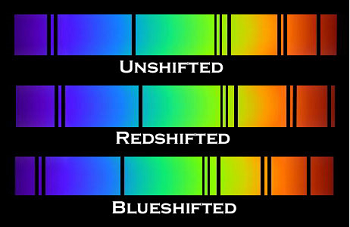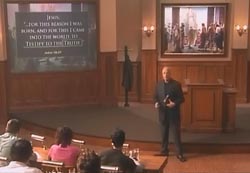
We now consider the question, “Why are Christians so stuck on believing their Bibles instead of science.” This is a false dichotomy because Christians do not reject all science. The question either reveals a profound ignorance of the nature of science and the scientific process or implicitly denies that science, by its very nature, is constantly rejecting things as false that were previously thought to be true. Tenets, previously accepted as good science one day, can be rejected as foolish and obsolete the next.
Regarding the nature of God, the question reveals either ignorance concerning God or a denial of the nature of God and the Bible. God is omniscient. He has perfect knowledge (John 21.17, Heb 4.13). He never learns anything because he already knows everything. The Bible is the word of God, breathed out from the omniscient God (2 Tim 3.16) and all it affirms is true (Ps 119.160). Therefore, as expected of knowledge coming from God who is perfect in knowledge, the Bible is wholly true and without error in all it affirms. This is known as the doctrine of inerrancy. Continue Reading




